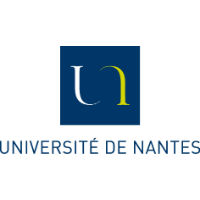Previously we described that the adoptive transfer of tumor-infiltrating lymphocytes (TIL) + interleukin-2 (IL-2) leads to eradication of established methylcholanthrene (MCA)-105 fibrosarcoma pulmonary metastases in a congenic murine model. The in vivo efficacy of TIL was associated with their ability to secrete interferon-gamma (IFN-gamma), and to a lesser extent granulocyte-macrophage colony-stimulating factor. The local secretion of these cytokines resulted in recruitment of naive host immune cells to the tumor and eventually in a successful host antitumor immune response. In the present study, to further evaluate the role of IFN-gamma in the induction of a host antitumor immune response, we compared the treatment efficacy of adoptively transferred T cells and IFN-gamma gene transfected tumor cells (MCA-105/IFN-gamma) as delivery systems of IFN-gamma. Treatment with TIL-IL-2 or irradiated MCA-105/IFN-gamma induced a similar reduction in pulmonary metastases of MCA-105 tumor. In contrast, irradiated wild-type MCA-105 or TIL from IFN-gamma gene knockout mice did not cause tumor eradication. MCA-105 tumor-bearing mice treated with MCA-205/IFN-gamma showed a partial reduction in the number of pulmonary metastases. Histologically, lungs of successfully treated mice showed that initially activated macrophages expressing inducible nitric oxide synthase (iNOS) and dendritic cells infiltrated the tumor bed. Subsequently, CD4+ and CD8+ T cells infiltrated tumors. The therapeutic efficacy of IFN-gamma transfected tumor cells was eliminated when either CD4+ T cells or CD8+ T cells were depleted. These results suggest that local secretion of IFN-gamma induces a tumor-specific host antitumor immune response mediated through activated macrophages, dendritic cells, and tumor-specific T cells. This may be a common component of successful immunotherapy.






